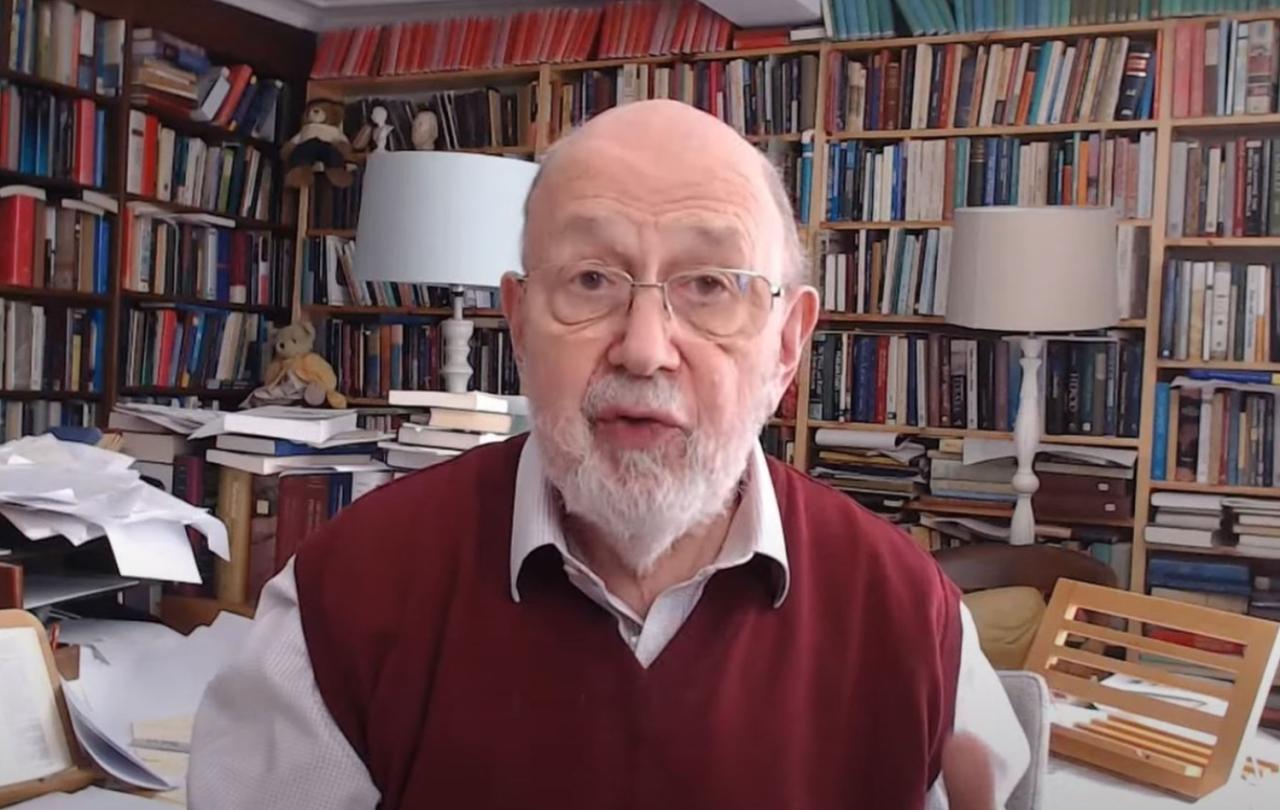We may not all have the musical genius of Martin, but many of us similarly profess an innate desire to pray, regardless of religious beliefs. Studies come and go showing that praying can also have emotional benefits.
So, the question arises: is there power in prayer? If the power is in the act itself, then it's on par with manifesting.
The act, and thoughts of manifesting may have the same motivations as prayer for many, but it can be argued that manifesting is not in the same category as prayer. Much like The Secret or The Power of Positive Thinking, manifesting the latest new age trend where your mind achieves your aspirations: you can simply manifest that new job, relationship, or Ferrari. But the practice has its limitations, and its critics. Vox's senior correspondent Rebecca Jennings reports that 'Overestimating the power of one’s thoughts, which is a symptom of OCD among many other disorders, 'could be very dangerous to people who already have anxiety disorders, but potentially, it might even be enough to start those symptoms happening in someone who originally doesn’t', according to cognitive neuroscientist Rhiannon Jones.
I recently spoke to a couple of women in their early 20s who'd just returned from a manifesting conference. Manifesting may have the same motivations as prayer for many, but it can be argued that manifesting is not in the same category as prayer, even though this hugely popular practice could be understood as a secular form of piety, potentially rivalling that of the devout. But what if the power instead resides not in the person praying, nor in the prayer itself, but in the recipient of the prayer? Martin hints that the prayer itself is not the power. He sings 'Only by his grace', and 'for someone to come and show me the way.'
Simply searching on Spotify with the keyword 'pray' is only the tip of the iceberg for prayerful songs. Many of them don't include the word, yet still meditate on prayer. For instance, U2 sang 'I waited patiently for the Lord, he inclined and heard my cry' - a reworking of King David's Psalm 40 where he is lifted out of the miry pit. The psalm's final verse begins 'But as for me, I am poor and needy; may the Lord think of me.' This is not so much a song of spiritual practice, but desperation. It can be hard even to pray when you're stuck in a rut. And in his helplessness, David finds that there is someone who fills his mind with thoughts about him.
I've recently sat with people who've in some form of prayer thanked God, the universe, even the day itself. The blank space is there. The space is for us to fill. But what if we are not praying into the void? Because far and above any personal experience or benefit of prayer, the ordinariness of prayer is really quite extraordinary: We pray. Someone is listening.





